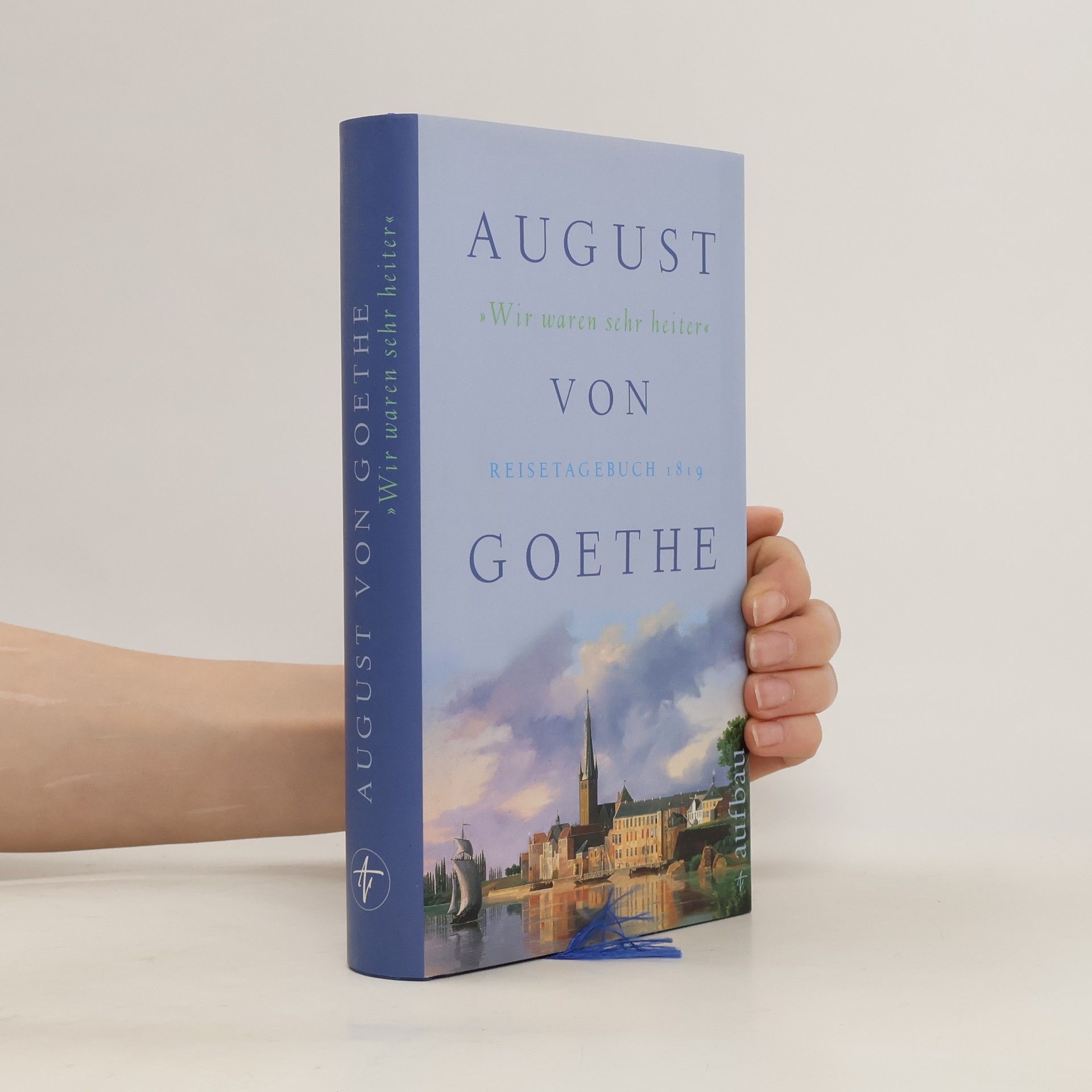West-Eastern Divan - Complete, annotated new translation (bilingual edition)
- 608bladzijden
- 22 uur lezen
In 1814, Johann Wolfgang von Goethe read the poems of the great fourteenth-century Persian poet Hafiz in a newly published translation by Joseph von Hammer-Purgstall. For Goethe, the book was a revelation. He felt a deep connection with Hafiz and Persian poetic traditions, and was immediately inspired to create his own West-Eastern Divan as a lyrical conversation between the poetry and history of his native Germany and that of Persia. The resulting collection engages with the idea of the other and unearths lyrical connections between cultures. The West-Eastern Divan is one of the world’s great works of literature, an inspired masterpiece, and a poetic linking of European and Persian traditions. This new bilingual edition expertly presents the wit, intelligence, humor, and technical mastery of the poetry in Goethe’s Divan. In order to preserve the work’s original power, Eric Ormsby has created this translation in clear contemporary prose rather than in rhymed verse, which tends to obscure the works sharpness. This edition is also accompanied by explanatory notes of the verse in German and in English and a translation of Goethe’s own commentary, the “Notes and Essays for a Better Understanding of the West-Eastern Divan.” This edition not only bring this classic collection to English-language readers, but also, at a time of renewed Western unease about the other, to open up the rich cultural world of Islam.


